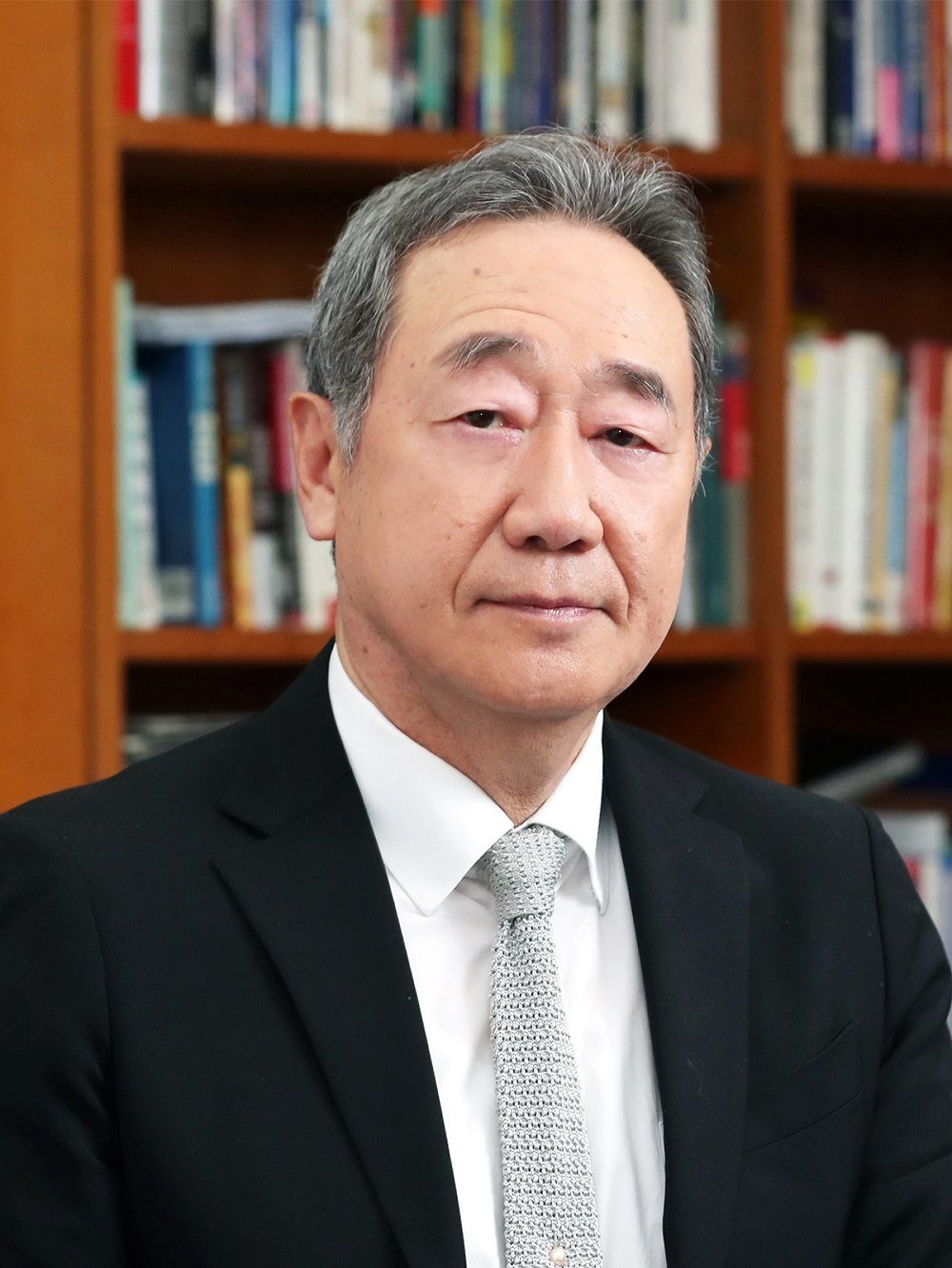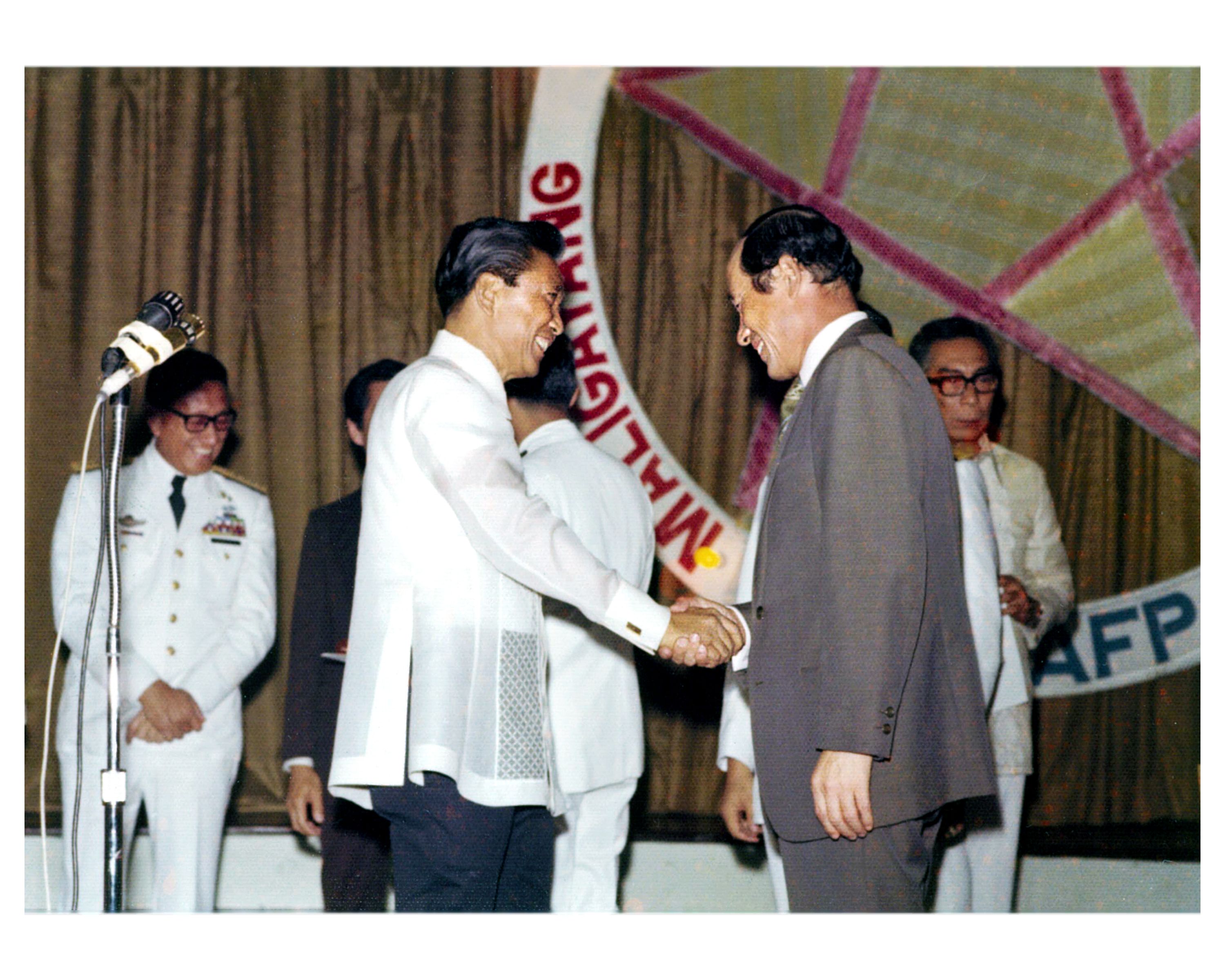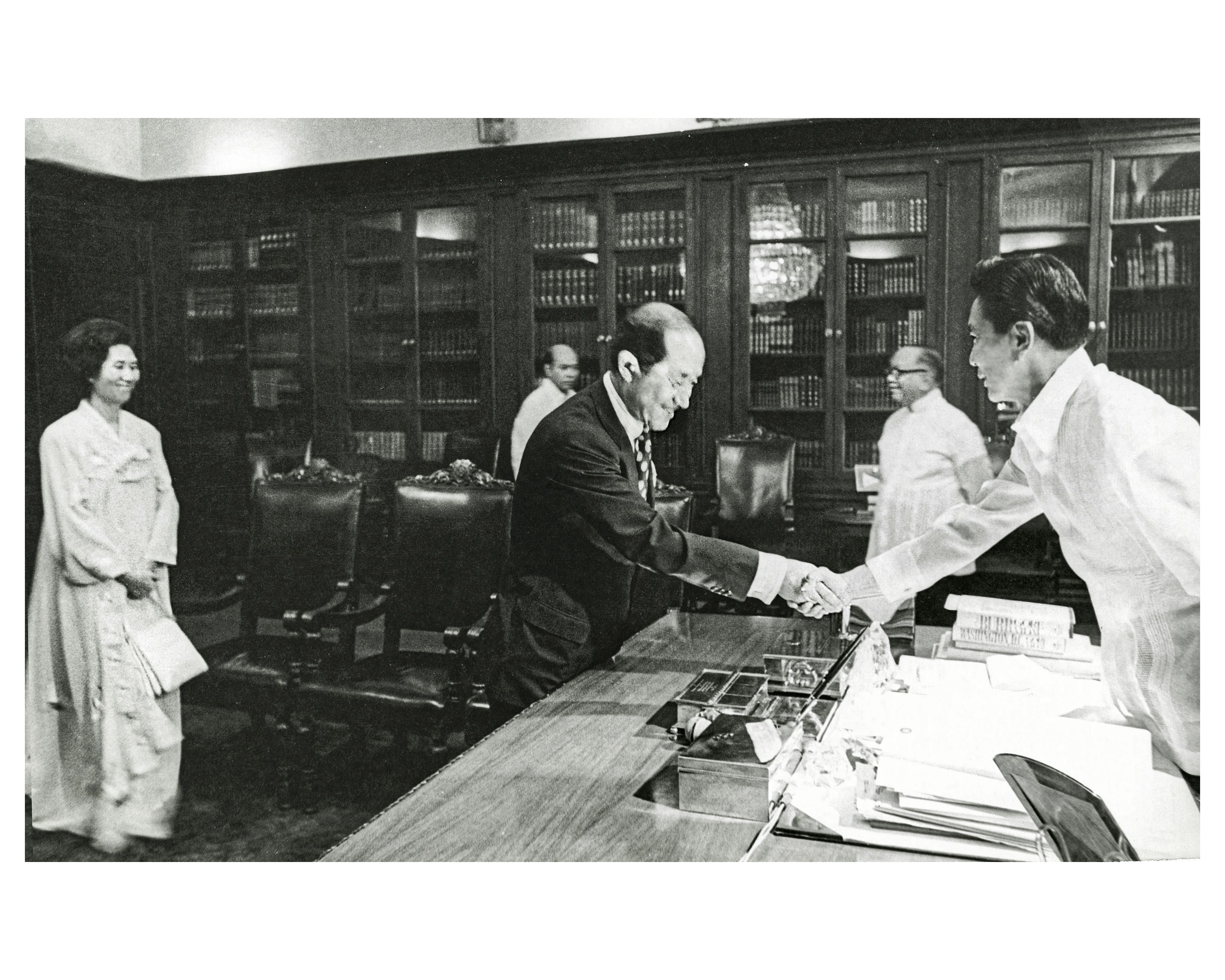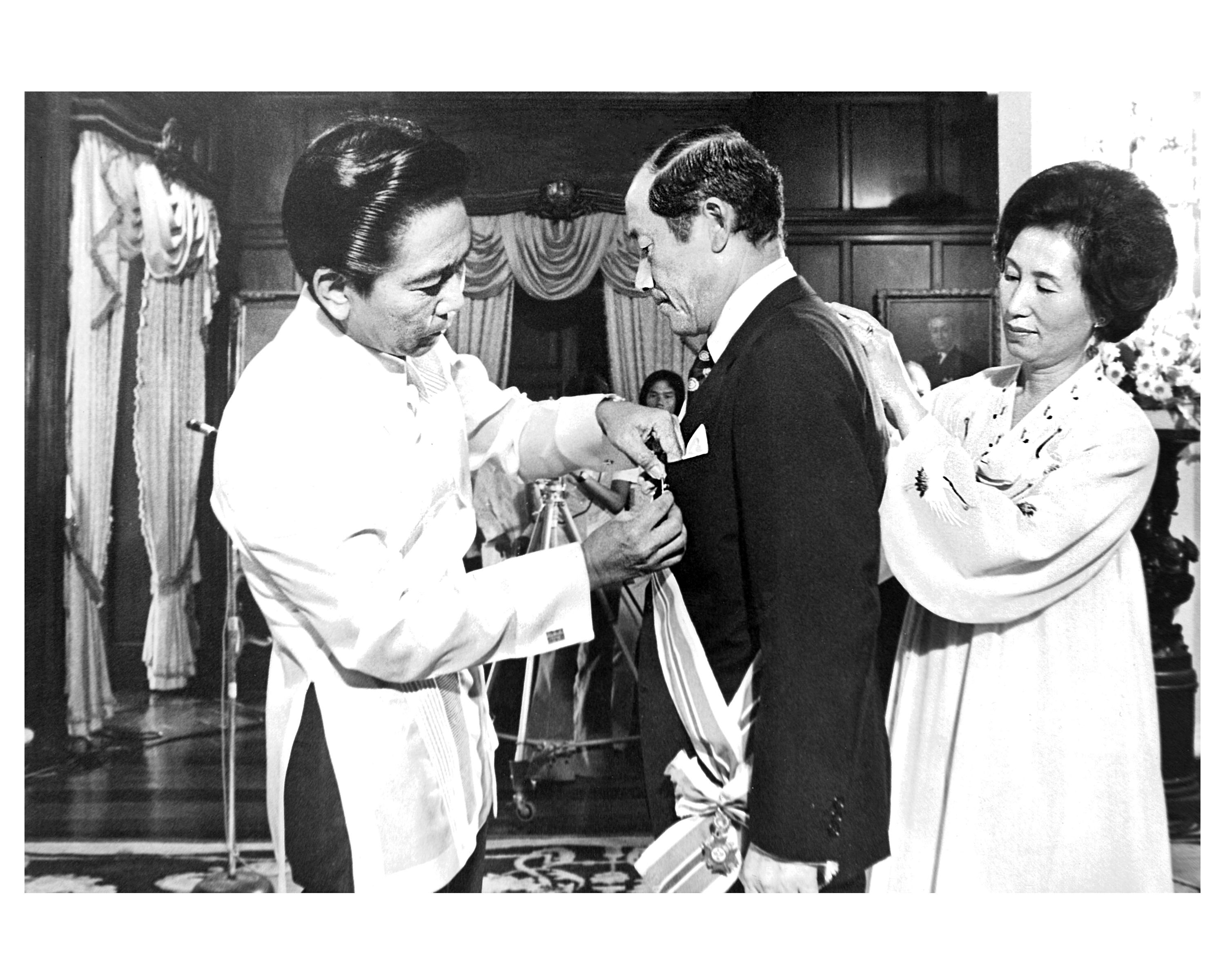By DR. CHANG DAE-WHAN
South Korean President Yoon Suk Yeol’s visit to the Philippines on Oct. 6-7, 2024 is an important opportunity for the relationship between the two countries to take a further step forward.
Last May 2, I was given the privilege to be the first foreign media executive to interview President Ferdinand R. Marcos, Jr.
The most impressive answer from the president at the time was his statement, "I want to improve the lives of the Filipino people."
Knowing that Korean leaders felt the same way just a few decades ago, these words resonated deeply with me.
As the CEO of Korea's foremost media group, and as someone who supports the relationship between the two countries more than anyone else, I would like to make a few suggestions ahead of President Yoon's visit.

Dr. CHANG Dae-whan, Chairman of Maekyung Media Group
First: It is best that the Korea-Philippines Free Trade Agreement (FTA) will take effect quickly.
The Philippine Congress has already completed the process, and all that remains is for the Korean National Assembly to pass it. President Marcos also mentioned this as an important issue during my interview with him.
It is expected that President Yoon's visit will give the passage of the bill in the Korean National Assembly a boost. The two countries celebrated the 75th anniversary of diplomatic relations in 2024 and the Philippines was the first ASEAN country to establish such relations with Korea.
About 300 Korean companies are operating in the Philippines, and trade between the two countries is increasing from $10.212 billion in 2020 to $13.654 billion in 2023. The FTA will bring about much greater synergy on the economies of both countries.
Recent events bolster the likelihood of the agreement. The two countries recently decided to hold the '3rd Korea-Philippines Economic and Trade Cooperation Committee' in Seoul for the first time in two years and make efforts to put the FTA into full effect. They also shared the status of each agenda item of the Indo-Pacific Economic Framework (IPEF), which both countries have participated in since its inception, and promised a cooperation that will produce practical results.

Second: There are new areas for cooperation, namely, the Luzon Economic Corridor and offshore wind power
The second keyword in President Marcos' interview was “transformation.” Known as “the creation of heaven and earth” in Korean, it is an ambitious plan to create a Philippines that is completely different. Marcos particularly emphasized 'Improvement of poor infrastructure', which is considered the biggest obstacle to national innovation. The 'Global Investment Infrastructure (PGI) Luzon Economic Corridor', in which the United States and Japan have also promised big investments, reflects the aspirations for this transformation. Korea has top-notch infrastructure construction companies, which are already building landmarks around the world, and can also play a big role in building infrastructure in the Philippines.
For his part, President Yoon believes that leveraging the strengths of both the Philippines, which is an island nation, and Korea, a shipbuilding powerhouse, synergies can be created in various fields such as offshore wind power and ship repair.
There is much that both countries can do together in energy security, cooperation in key raw materials, and global carbon reduction efforts. Korea recently made headlines by winning an order for a nuclear power plant in the Czech Republic, and if the restart of the Bataan nuclear power plant in the Philippines is confirmed, it could become a representative cooperation project that is a win-win for both countries.

Third: Expand human exchanges.
There has recently been a lot of interest in Filipino housekeepers in Korea. Expanding human exchange between the two countries is an important issue that requires continued cooperation.
President Marcos said he was particularly interested in exchanging high-quality human resources in high-tech industries such as bio and semiconductors, something that Korea also welcomes. I look forward to the leaders of both countries having in-depth discussions on this topic amid the global talent recruitment war that has been going on for some time now.
Fourth: Import fruits from the Philippines.
I also look forward to Korea importing cheap and delicious Philippine fruits. Koreans will then be able to eat good-quality fruits, while the Philippines can diversify its sources of income despite predictions that a 'food war' will break out globally.
One can be forgiven for thinking that importing fruit is not a big deal, but a lot of work remains to be done, such as building processing facilities and establishing a refrigerated delivery system. During this process, companies from both countries will be able to win new business and expand human exchanges naturally.
If Philippine fruit advertisements appear in K-pop lyrics and K-dramas, which are the most popular in the Philippines, I have no doubt that it will attract global attention.

Fifth: Support for President Yoon's '8.15 Unification Doctrine.'
My late father was the Chief of Staff of the Republic of Korea Air Force and served as Ambassador to the Philippines from 1973 to 1976. As the proud son of a soldier, I am always grateful to the Philippines, a 'brother country' that sent troops to fight in the Korean War. We cannot and will not forget the contributions of former Foreign Minister Carlos P. Romulo, who was an outstanding diplomat and contributed significantly to shaping today's Republic of Korea.
The reason I mentioned this is because I believe that the Philippines will once again support Korea on the international stage. President Yoon announced the '8.15 Unification Doctrine', which contains three major unification visions and three major promotion strategies, in his congratulatory speech on the 79th Liberation Day on August 15th, 2024. The doctrine clarifies the goal of achieving a unified Republic of Korea of freedom, peace, and prosperity in accordance with the spirit of the Constitution, with an emphasis on freedom for all those living in the Korean Peninsula.
We hope that our ally, the Philippines, will also fully support President Yoon's unification doctrine based on the core values of “freedom and democracy.”
(Dr. CHANG Dae-Whan is Chairman & Publisher of Maekyung Media Group, a partner-publication of the Manila Bulletin.)